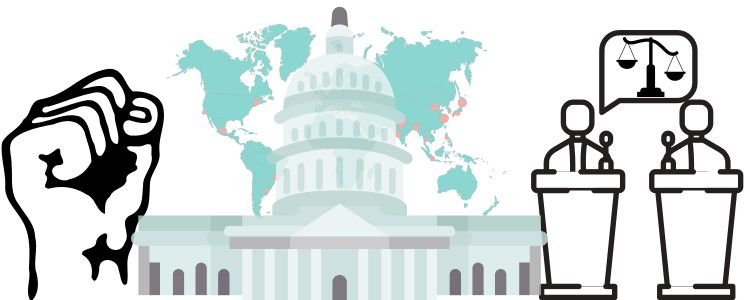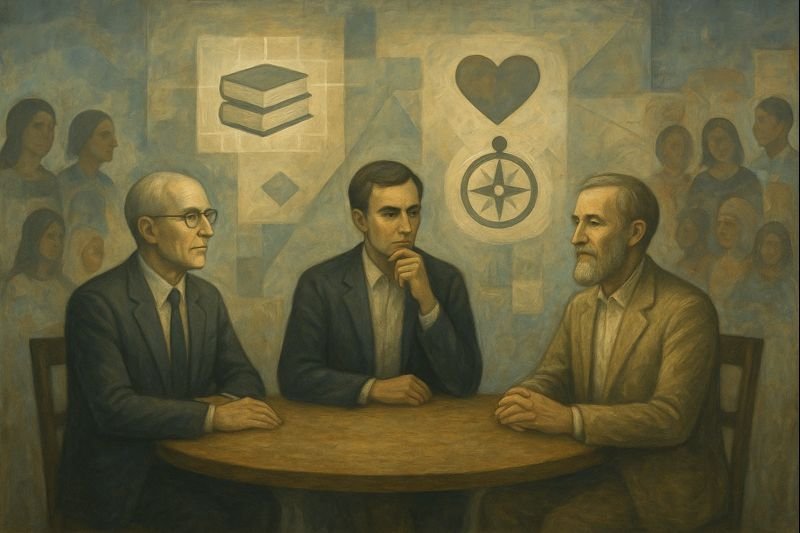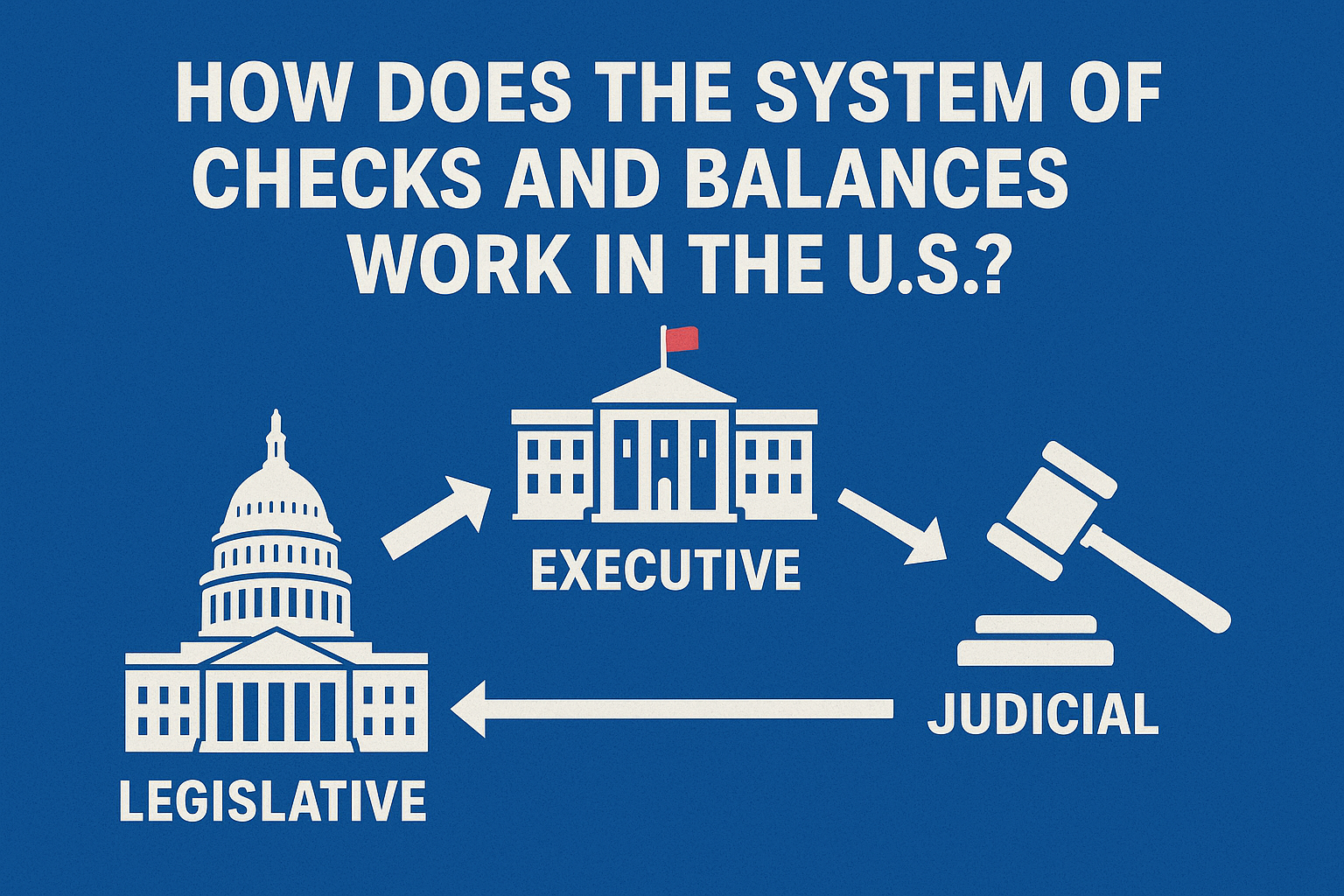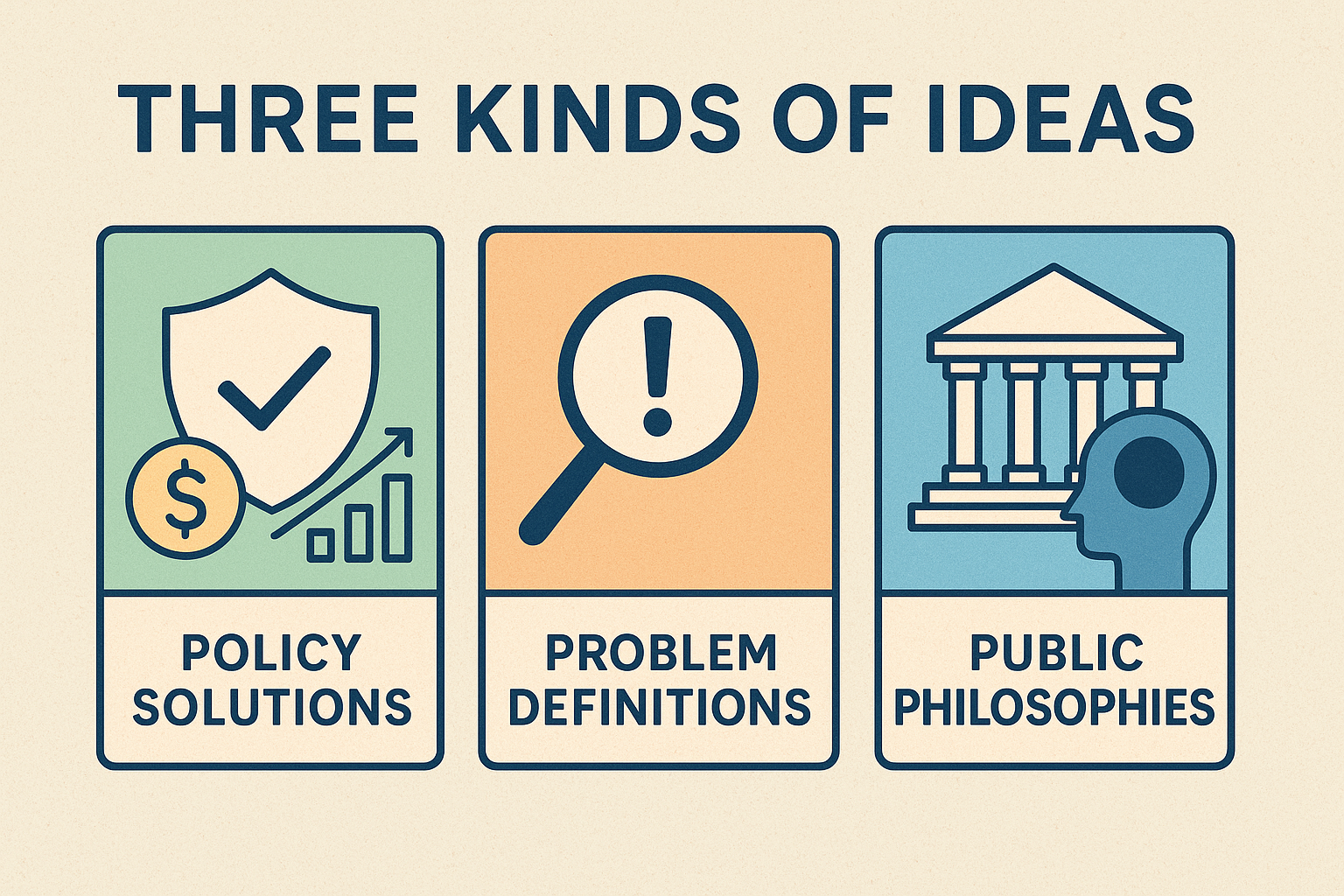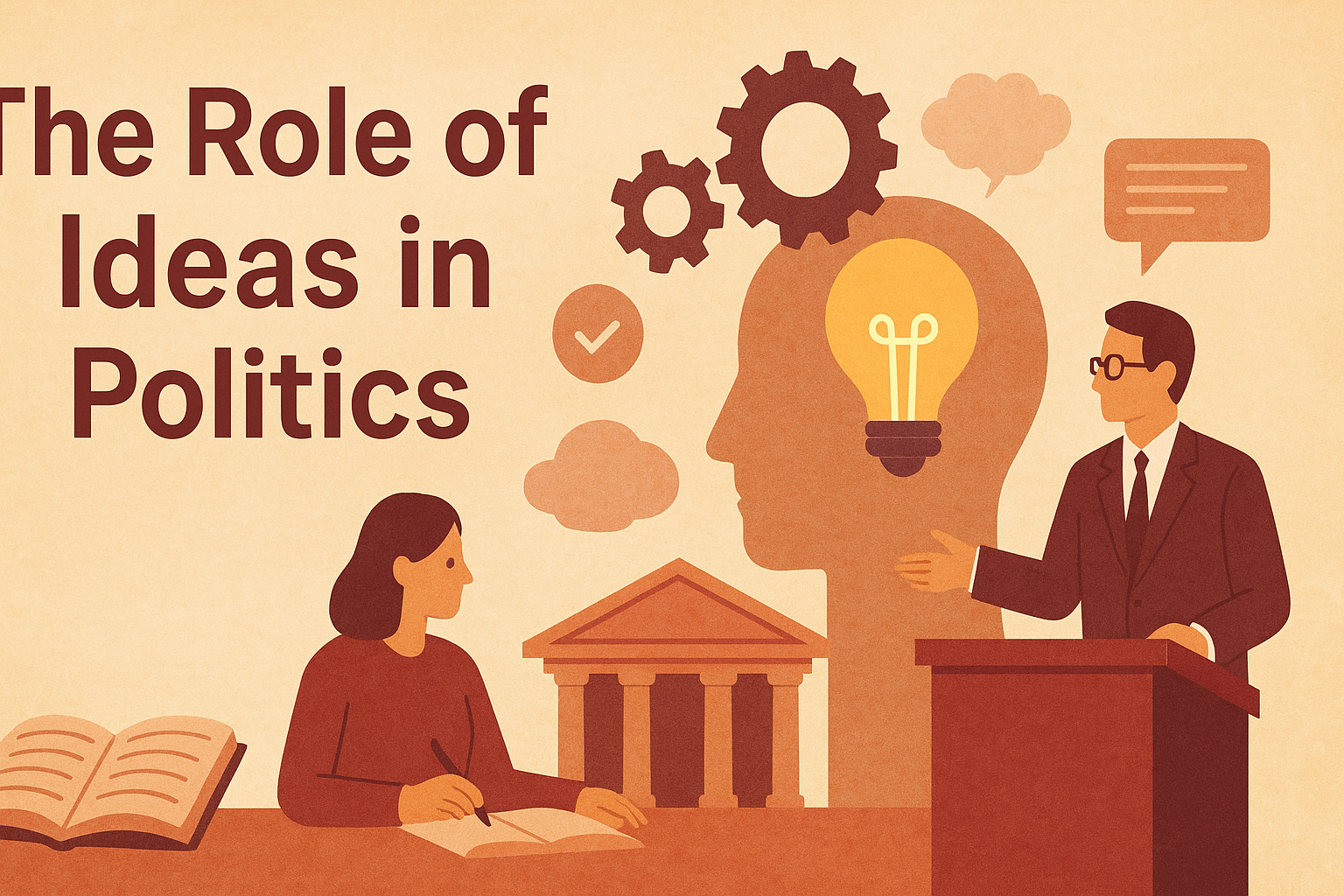Political Science Explained: Meaning, Scope, Theories & Importance (2026 Guide)
Political Science is the systematic study of power, governance, political institutions, and political behavior in society. It examines how authority is created, exercised, justified, and challenged within states and across the global system. As one of the core social science disciplines, Political Science plays a crucial role in helping individuals understand how societies are governed … Read more

